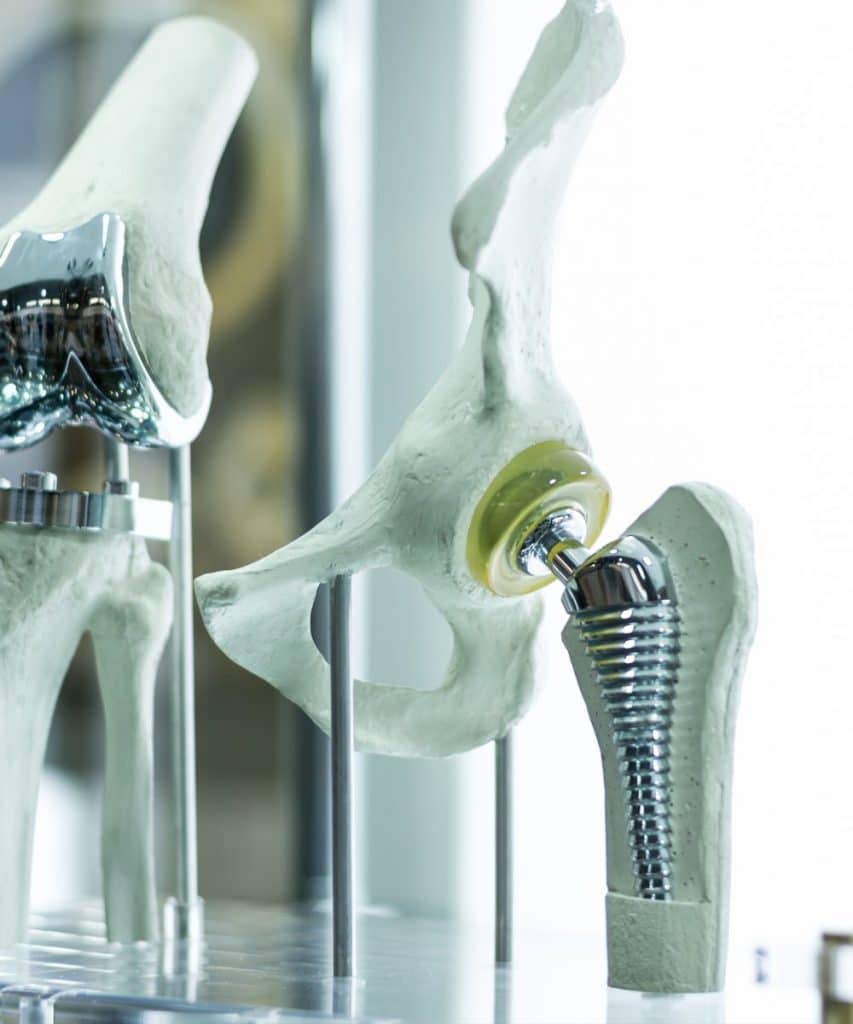Inpatient Rehabilitation

A Critical Venue: Inpatient Rehabilitation Facilities (IRF)
In the post-acute continuum of care, Inpatient Rehabilitation Facilities (IRFs) are a critical venue to provide specialized services to patients with functional deficits. Patients receiving inpatient rehabilitation usually require 5.5 direct nursing hours per patient per day with an average length of stay of 10-20 days. Inpatient rehabilitation facilities are paid under case mix groups (CMGs) which are based on the resource intensity that would typically be associated with each patient’s clinical condition.
Inpatient rehabilitation providers are also restricted to treating a specific patient population. As one of the special types of hospital excluded from the Medicare Inpatient Prospective Payment System, these facilities must admit at least 60% of their patients from 13 defined categories. . Originally referred to as the 75% Rule, under current regulations the percentage has been frozen at 60%.
Conditions within the 60% Rule:
- Stroke
- Spinal Cord Injury
- Congenital Deformity
- Amputation
- Major Multiple Trauma
- Fracture of Femur (Hip Fracture)
- Brain Injury
- Neurological Disorders including multiple sclerosis, motor neuron diseases, polyneuropathy, muscular dystrophy, and Parkinson’s disease
- Burns
- Active polyarticular rheumatoid arthritis, psoriatic arthritis, and seronegative arthropathies resulting in significant functional impairment of ambulation and other activities of daily living
- Systemic vasculidities with joint inflammation, resulting in significant functional impairment of ambulation and other activities of daily living
- Severe or advanced osteoarthritis (osteoarthrosis or degenerative joint disease) involving two or more major weight-bearing joints (elbow, shoulders, hips, or knees, but not counting a joint with a prosthesis with joint deformity and substantial loss of range of motion, atrophy or muscles surrounding the joint and significant functional impairment of ambulation and other activities of daily living
- Knee or hip joint replacement (or both), during an acute hospitalization immediately preceding the inpatient rehabilitation stay and also meeting one or more of the following three specific criteria:
- The patient underwent a bilateral hip or knee replacement during an inpatient hospital stay immediately preceding the IRF admission
- The patient is extremely obese, with a Body Mass Index of at least 50 at the time of admission to the IRF or
- The patient is age 85 or older at the time of admission to the IRF

Examples of Advis valuable services provided to new and existing inpatient rehabilitation facilities:
New Facilities
- Assisting clients in the feasibility and development of new inpatient rehabilitation units and hospitals
- We will serve as a liaison between the client and the Centers of Medicare and Medicaid as the facility moves toward Medicare certification
- We will file all necessary regulatory documentation
- We conduct a Mock Survey to determine the client’s readiness for the actual survey process
Existing Facilities
- We will assist in identifying means for developing new services and programs targeted to a patient population with specific functional deficits
- We review patient discharges to assure compliance with the 60% Rule requirement
- We conduct educational work sessions with key medical, clinical and administrative staff to identify areas for program and operational refinement and to identify opportunities for future growth
Maximization and Optimization of Medicare Reimbursement
Advis takes a unique, customized approach with each of our clients to ensure maximum reimbursement. We understand that each organization has differing structures, needs and goals. The main objective is to educate you and your staff on proper processes and procedures to achieve, and subsequently maintain, maximum Medicare reimbursement. We start by:
- Studying your organizations CMG’s and identify your more prevalent diagnoses ( Traumatic brain injury, stroke, spinal cord injury, etc.)
- Based on the size of the hospital, we will determine the number of records that need to be reviewed.
- We will then request access to records and conduct the desk audit.
- After information has been collected, and we have developed recommendations based on your specific need, we will provide an on-site report of findings.
- When it comes to Medicare reimbursement, education is key. We provide you and your staff with an internal training session to review proper processes and procedures to optimize reimbursement. For example, does the documentation support medical necessity? Have you specified a pre-admission assessment that a rehabilitation physician reviewed and approved prior to IRF admission?
- Lastly, we develop an internal audit process that will help you understand and execute upon any problematic areas moving forward.




